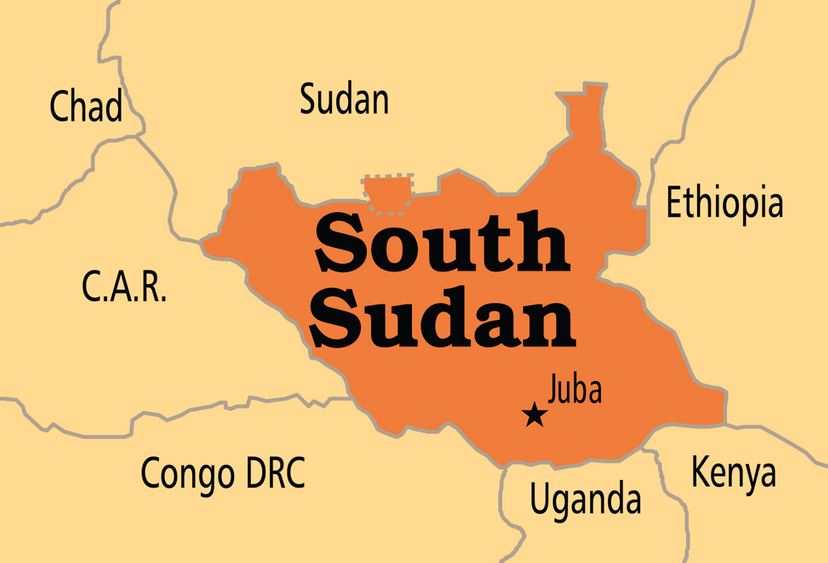
Clashes erupt in South Sudan two days after peace deal signed

Fighting has broken out in South Sudan two days after the warring sides signed what the government called a “final final” peace agreement to end the civil war. Each side blames the other for the attacks.
Clashes erupted Friday morning in Central Equatoria state when government troops stormed bases in Lainya and Kajo Keji counties, opposition spokesman Lam Paul Gabriel said.
“That means the regime is not serious about the peace,” Gabriel told The Associated Press.
The government called the accusations “propaganda.” The attacks were instigated by opposition forces that emerged from hiding along the Ugandan border and were trying to reclaim territory, spokesman Lul Roai Koang told the AP.
An investigation into the reports is underway, the Ceasefire and Transitional Security Arrangements Monitoring Mechanism, the body charged with monitoring the cease-fire, said on Twitter. It reminded all parties of their commitment to refrain from hostilities. The body reports to the East African regional bloc that negotiated the peace deal.
South Sudan’s five-year civil war has killed untold tens of thousands of people and created more than 2 million refugees, Africa’s largest refugee crisis since the 1994 Rwandan genocide. Half of the remaining population of 12 million faces hunger and the economy of the oil-rich nation has collapsed.
President Salva Kiir and the head of the armed opposition, Riek Machar, signed the latest attempt at peace on Wednesday in neighboring Ethiopia. Under the power-sharing arrangement Machar will once again be Kiir’s deputy — an arrangement that sparked the civil war in December 2013 when supporters of the two men clashed. Machar’s return to the vice presidency in 2016 was short-lived when fighting broke out in the capital, Juba, and he fled the country.
Many international observers have expressed skepticism about this new agreement. “We remain concerned about the parties’ level of commitment,” said a statement by the United States, Britain and Norway, the troika that worked to bring South Sudan to independence from Sudan in 2011.






